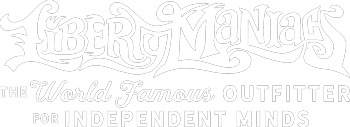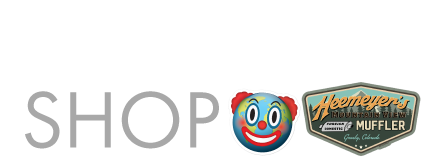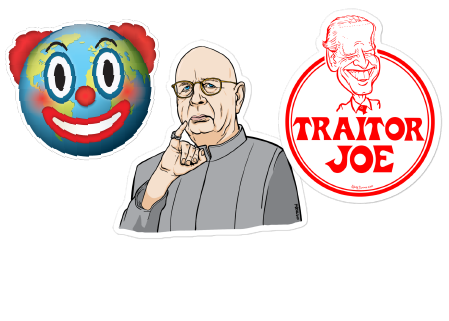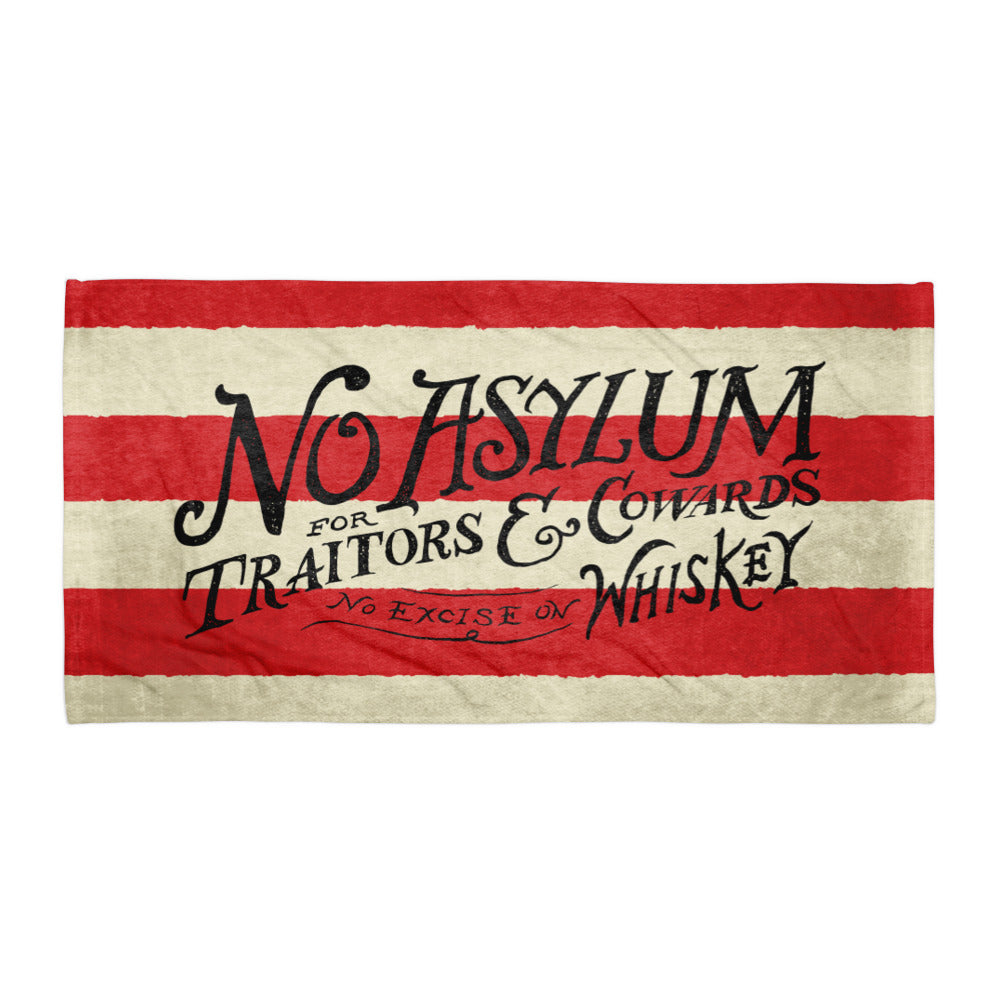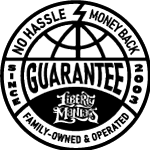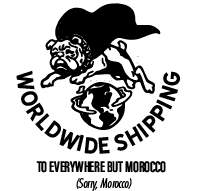



Sons of Liberty No Asylum for Traitors and Cowards Beach Towel
With the Revolutionary War over, the newly created Federal government decided to assume the war debts of the individual states. In 1791 Congress placed an excise tax on whiskey to pay the debt. Secretary of the Treasury Alexander Hamilton came up with the idea. Farmers west of the Allegheny Mountains - immediately took the tax as a personal assault.
Whiskey was not only the drink of choice amongst the inhabitants of
the West, but it served, as one wit put it, like money, and medicine all in one as the Continental paper money was rarely honored. Many western distillers did not pay the excise, and if arrested had to make expensive trips to Philadelphia for trial. But the Whiskey tax was just part of growing unrest in the west, culminating in rebellion.
The rebellion had a force of 7000 armed militia troops. To restore order to the ensuing “Whiskey Rebellion”, Washington sent the Continental Army. The 13,000 federal troops sent to the western Pennsylvania area were the first test of the power of the new government.

Even before any shots were fired or organized militias marched, Western Pensyvanians began making an assortment of protest or "rebel flags." One popular, but likely historically spurious "Whiskey Rebellion Flag" sold at flag stores contains the device of an eagle holding a ribbon in its beak and thirteen six-pointed stars scattered about a blue field. Historians disagree on whether it was ever actually flown as no contemporary accounts ever mention this flag and its symbolism is wrong as a rebellion flag.
Accounts are available of various other flags such as this 6 rebel stripe flag, with scripted versions stating "An Equal Tax, and No Excise." After the tax collector's plantation farm was burned down the rebel flags started to get more aggressive, stating "Equal Taxation and no Excise" and "No Asylum for Traitors and Cowards."
Others stated "Liberty or Death," or "liberty and Equality, " or even "An Equal Tax and No Excise O Whiskey."

The most reliable contemporary record is for the six-striped flag. At one gathering the rebels raised a liberty pole with a flag featuring six bars. Hugh Henry Brackenridge, a moderate and eventual Pennsylvania Supreme Court Justice who was opposed to both the tax and the violence, specifically mentions this flag in a book he wrote about the rebellion. “At Parkinson‟s Ferry, I think it was the morning of the second day, one was raised with a flag with six stripes, emblematical of the six counties there represented.”
Another handsome variation historians uncovered was one that has 7 stars and 7 bars, representing 5 Pennsylvania counties and 2 Virginia counties.
What all these described flags have in common are simplicity and an anti-Federal theme. Again, if one looks at the politics and people of the region the anti-Federal theme is not surprising. The people of western Pennsylvania (and many other western regions) were NOT, for the most part, federalists. They were of a distinct antifederalist tilt.
• 52% cotton, 48% polyester• Fabric weight: 10.6 oz/y² (360 g/m²)
• Size: 30″ × 60″ × 0.28″ (76 × 152 × 0.7 cm)
• Printed on one side only
• The non-printed side is made of terry fabric, making the towel more water-absorbent
Collections: Beach Towels, Handmade | Made by Hand by Maniacs, New Arrivals
Type: Towel
Category: american historical flags, american revolution, beach towel, colonial, colonies, flag, history, old, patriot, rebels, red stripes, sons of liberty, stripes, taxes, tea stained, towel
